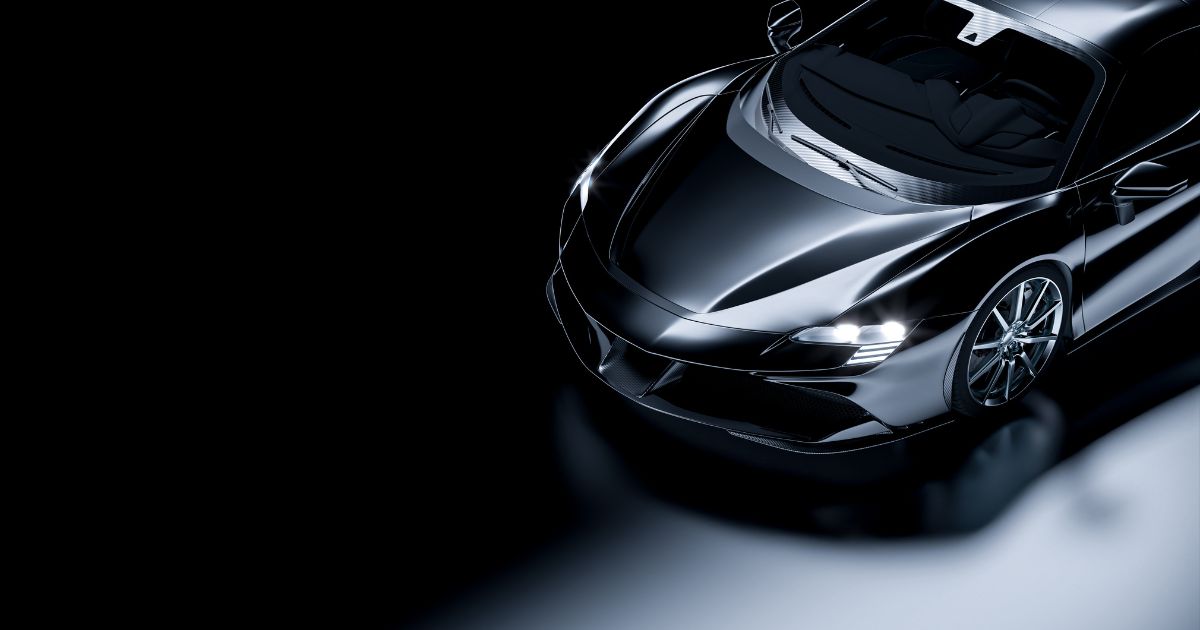Sports car enthusiasts are worried. In less than seven years, they will no longer be able to buy a new Porsche or Lamborghini with a petrol engine in the UK. Five years later, they won’t even be able to buy a hybrid.
While we at Ryze Hydrogen are fully supportive of the phasing out of hydrocarbon-powered vehicles, we also feel for the petrol heads who derive so much pleasure from the rev of an engine. And while battery electric vehicles (BEVs) have a lot of desirable features, revving is not one of them.
Fortunately, hydrogen is here to save the day. Most often seen in fuel cells in the context of transport, hydrogen can also be burned in an internal combustion engine, meaning it can provide the sound and feel of a traditional sports car.
Toyota and Yamaha are currently working on a hydrogen version of the 2UR-GSE, 5.0-liter V-8 engine, and we are reliably informed that the hydrogen-burning version of Toyota’s G16E-GTS engine in the GR Yaris and GR Corolla sounds almost exactly the same as its petrol-burning cousin.
For engine manufacturers looking to make the move into hydrogen combustion, the good news is that they can retain a great deal of the technology that they currently employ in their petrol versions. For safety reasons, the first iterations of hydrogen combustion engines have generally been slightly less powerful than their petrol counterparts but they are catching up rapidly.

Hydrogen sports cars have the potential to combine the thrilling performance of supreme driving with the clean and sustainable attributes of hydrogen fuel cells.
In fact, hydrogen-fuelled sports cars have the potential to be more powerful than their predecessors. The RON (research octane number) value of hydrogen is more than 130, well above the 97 of Premium or Super Unleaded blends, suggesting more performance could be unleashed in the future.
For those who know a thing or two about cornering, they will be pleased to know that the weight distribution of a hydrogen combustion sports car is very similar to that of a conventional petrol vehicle. That’s not something you can say for a BEV, with the considerable weight of its battery sitting in the middle of the car.
____________________
Related reading:
Europe and Japan vie for global hydrogen supplies
____________________
The energy density of hydrogen over batteries means that hydrogen sports cars can be both lighter and more compact than equivalent BEVs. For example, a Toyota Mirai’s fuel tanks weigh just 193 pounds (87.5 kg) and have an 11-pound (5.0 kg) capacity, giving 402 miles of range, while the battery pack of a Tesla Model 3 weighs around 1,060 pounds (480 kg), and doesn’t go as far.
Hydrogen combustion engines are already being developed by sports car manufacturers, such as Porsche, and less sporty, but equally awesome plant machinery companies, such as JCB. Internal combustion engines have some life left in them yet.
To learn more about Ryze Hydrogen, click here.






